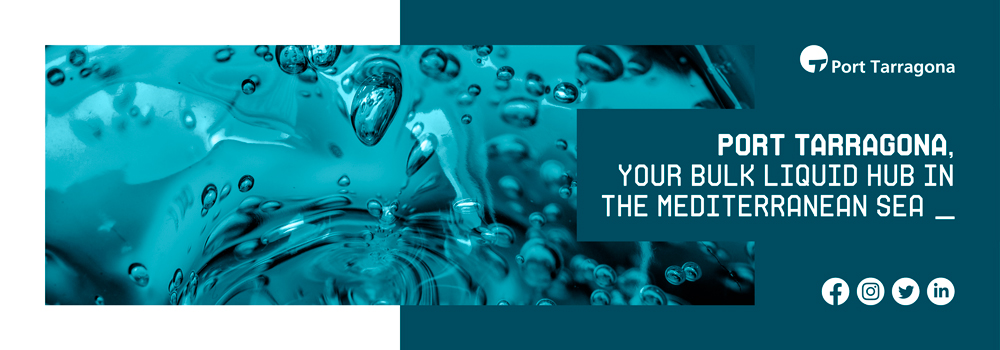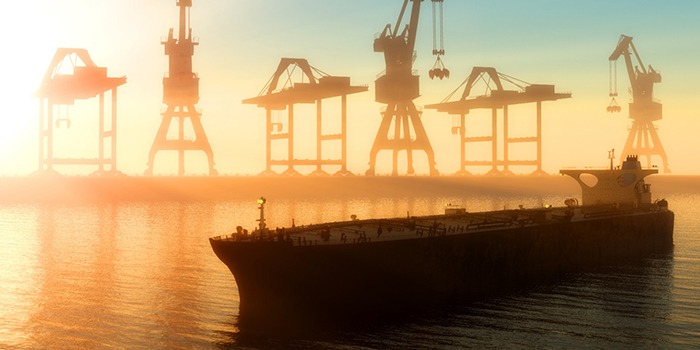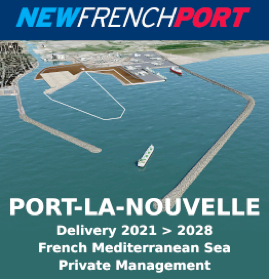Ports suffering from communications gap with US customs
A gap in communication between US Customs and Border Protection and ports has left the latter blind to the arrival of non-scheduled charters. This lack of data sharing not only is adding to the massive congestion in San Pedro Bay but the port’s ability to plan for processing.
The Marine Exchange of Southern California explained that besides the 9/11 security protocols with the coast guard, a vessel only needs to give a port 96-hour advance notice before it arrives. This means vessel agents are coordinating the loading of ships in China without guaranteed slots from their destination ports.
But there is a glaring loophole in this chartering system. All vessels seeking clearance to enter US ports must file their manifests with CBP’s Automated Manifest System (AMS) 24 hours before the vessel departs from the port of loading. This means if US Customs alerted the ports, they would be receiving notice several weeks in advance. This system was established in 2004 as a security measure to protect borders.
While this lack of communication has not been previously a problem, the difference is the emergence of maritime agents who are relatively new to the chartering game. According to several port officials in Los Angeles and Long Beach, these agents — the people responsible for arranging berth and required port and dray services — do not have established relationships with the terminals to schedule a landing place.
The agents instead notify the port just hours before a vessel’s arrival, essentially forcing the hand of the ports to take them in when they can. But the wait is not short. Unscheduled vessels tracked by MarineTraffic show vessels anchored for well over a month.
The reason for the need for this manifest data is simple: port planning.
“We need to link up with customs on these non-traditional companies chartering so we can have a deeper line of sight,” said Gene Seroka, executive director for the Port of Los Angeles. “This would help improve the planning process.”
For more information visit www.mxsocal.org
15th November 2021














